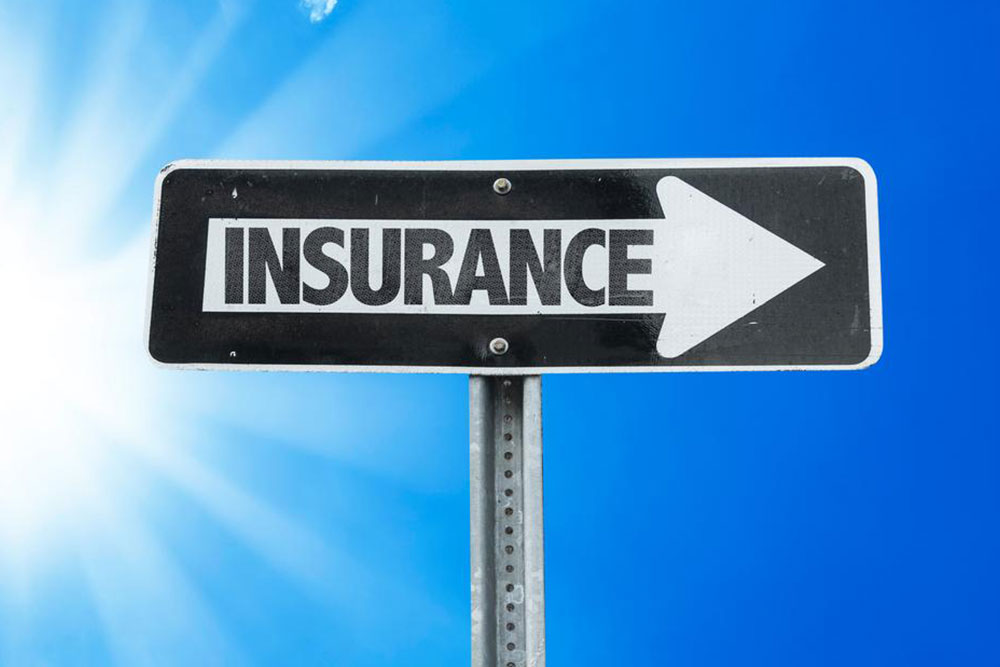Top 4 Courses to Enhance Aviation Safety Skills
Explore the top four aviation safety courses offered by leading institutions like Seneca College and IATA. These programs cover safety management, risk analysis, aircraft recovery, and more, preparing professionals for safe and efficient aviation operations. Flexible online and in-person options suit diverse learning needs, helping students develop critical skills in safety protocols, leadership, and incident management essential for advancing in the aviation industry.

Top 4 Courses to Enhance Aviation Safety Skills
Ensuring safety in aviation involves identifying potential hazards, evaluating risks, and applying effective mitigation strategies. Professionals in this field must possess deep expertise in safety protocols and risk management, as errors can have severe consequences. To develop these crucial skills, aspiring aviation safety specialists should pursue reputable training programs that thoroughly cover safety procedures, regulations, and leadership skills vital for a successful career in aviation safety.
1. Aviation Safety (ASE) Certificate by Seneca College
This comprehensive three-year program spans six semesters, offering students in-depth knowledge of safety methodologies essential to the aviation sector.
Students learn:
Technical skills for implementing safety procedures and policies
Canadian aviation regulations and standards
Leadership and management within aviation operations
These skills are essential for those aiming to advance in aviation careers. The program offers flexible delivery options, including online and on-campus classes. Graduates receive an Ontario College Advanced Diploma after completing the coursework.The course equips students with competencies in:
System development and implementation
Managing safety databases
Auditing and safety reviews
Safety oversight and incident analysis
Data trending and risk evaluation
Flight data review
Tuition fees differ for domestic and international students, with domestic students paying $3,632 plus $1,550 for supplies, while international students pay $17,338 plus $1,550.
2. Safety Management System (SMS) in Civil Aviation by IATA
This five-day, 40-hour training equips aviation service providers—like maintenance firms and navigation services—with the skills to develop and manage effective Safety Management Systems aligned with ICAO standards. Conducted in-person at IATA training centers or internally at organizational facilities, the course assesses participants through practical exercises. The goal is to boost global aviation safety, operational efficiency, and compliance.
Course topics include:
Safety assurance processes
Risk management strategies
Establishment of safety policies and goals
Promoting safety culture
Participants learn through case studies and real-world examples. The cost is $2,408 for members and $2,676 for non-members. Early registration can secure discounts of up to 25%.
3. Advanced SMS Development by IATA
This four-day, 16-hour course designed by IATA focuses on advanced safety management concepts. Participants explore organizational factors affecting safety outcomes through interactive discussions and case studies. The program aims to foster critical thinking and equip attendees with the tools to formulate robust safety strategies, anticipating future trends in safety management.
The course features:
Live virtual classroom sessions
One interactive class daily, each lasting 240 minutes
Additional assignments and post-course follow-up
Performance assessments to evaluate understanding
Participants will build a comprehensive understanding of safety metrics and organizational influences on safety performance.
4. Aircraft Recovery Certification Course by IATA
This three-day training ensures aviation professionals are prepared for aircraft recovery and disabled aircraft handling. Participants will learn about recovery equipment, planning procedures, damage prevention techniques, airport weight reduction strategies, and operational responsibilities. The course emphasizes safety, efficiency, and avoiding secondary damage during recovery operations.
Course requirements include prior knowledge of airport operations and aircraft engineering. Suitable for both beginners and intermediate learners, the program requires proficiency at ICAO Operational Level 4 or equivalent. Assessment results determine certification: a score of 70% earns a certificate, while 90% or higher grants a distinguished credential.










